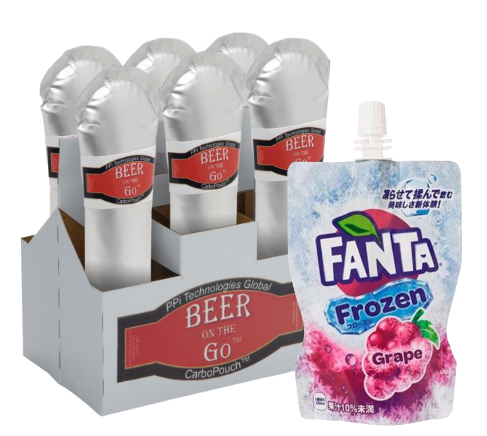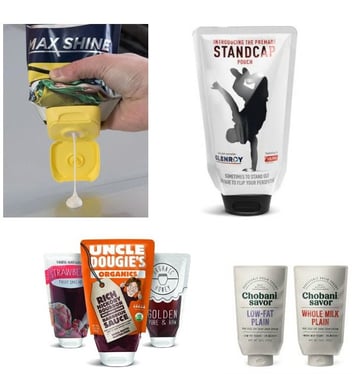Achieve Long-Term Sustainability Goals Now With Beverage Packaging

To help the climate with sustainable beverage packaging, you’ve first got to take a hard look at the obstacles presented by many current solutions.
The Landfill Problem
We’ve got a real landfill problem in the U.S. According to the EPA, about 146.1 million tons of trash were landfilled in 2018 (the latest available data). This was fully half of all municipal solid waste generated that year. The rest was dealth with through recycling, incineration, composting, or other means of mitigation. Food, plastics, and paper/paperboard made up the majority (54%) of landfill waste.
Recyclable Packaging Is a Start
To achieve long-term sustainability goals with your packaging, it’s important to reduce the burden on landfills. Recyclable materials like aluminum or certain plastics are a great start, but the U.S. actually fails to recycle these materials 68% of the time, and we’ve never had a national recycling rate (recovered material + composting) higher than 35% of our total waste.
And if it isn’t getting recycled…it’s going into a landfill.
Are Biodegradables a Real Solution?
Interesting new packaging materials engineered from biodegradable materials like sugarcane, hemp, corn, or mushrooms are getting a lot of buzz. Under the right conditions, these sorts of packaging can be composted and decomposed into nutrient-rich organic materials. Landfills don’t satisfy the needs of biodegradable processes, though.
Materials in a landfill are densely packed and can’t properly decompose without access to oxygen, ventilation, and sunlight. This can mean that these packaging materials ultimately break down substantially slower than advertised and don’t really help to reduce the space they take up in landfills.
Rigid Containers Aren’t Sustainable Beverage Packaging
Another issue that gets in the way of truly sustainable beverage packaging is that rigid containers simply take up too much space. Cans, boxes, bottles, jars, and jugs not only take up a ton of room during shipping (increasing costs), in retail warehouses and on shelves (decreasing inventory), in at home (limiting consumers)... they also expand landfills with nothing but empty air. The more rigid the container, the harder it is to compress and minimize the wasted space it eats up after its useful life is over.
Want to Achieve Long-Term Sustainability Goals? Go Flexible.
Flexible plastic packaging — such as spouted stand up pouches — gives you the best profile of the bunch. These packaging options can be recycled, and some will be, but they also have a greatly reduced carbon impact even when they aren’t.
Flexible, eco-friendly beverage packaging ships flat and stores flat, reducing shipping costs and emissions while saving you room in the warehouse when the empty pouches arrive. They also dispose flat, creating minimal impact in landfills and easing the burden on our waste management sector. This helps the climate at the same time as your bottom line.
Want to learn more? Call us up at ABC Packaging Direct — The Oversea Network. We can get you access to cutting-edge biodegradable packaging, recyclable packaging, and minimally impactful beverage spout pouches to suit the needs of your product and brand without compromising on costs or lead times.





.png?width=352&name=unnamed%20(4).png)